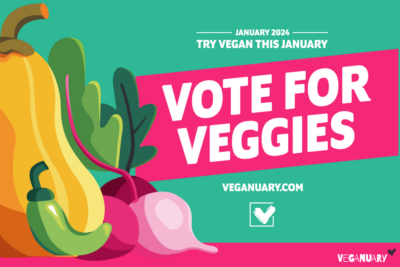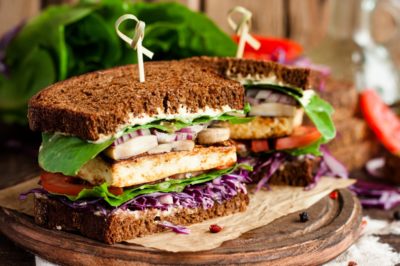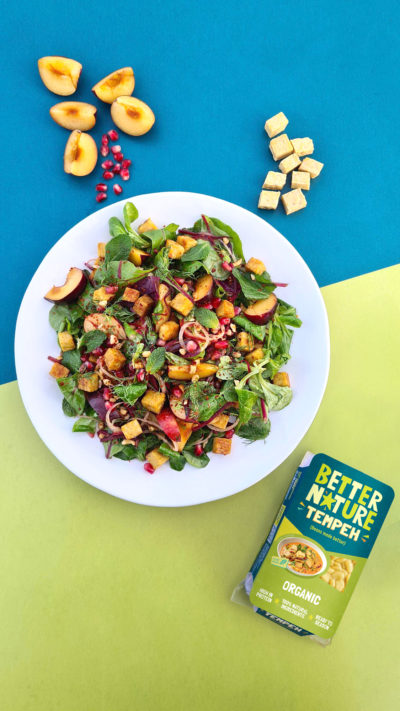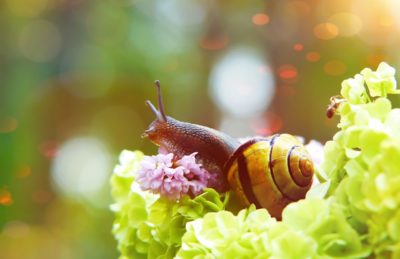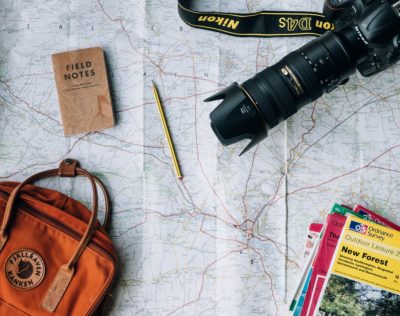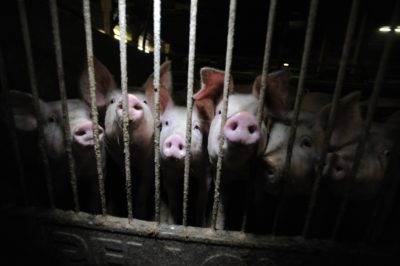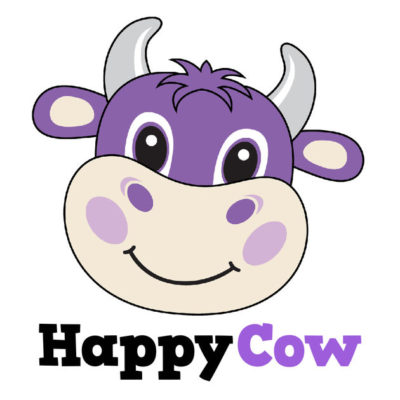A guest blog – by Mark A Burgoyne
“We need another and a wiser and perhaps a more mystical concept of animals. Remote from universal nature and living by complicated artifice, man in civilization surveys the creature through the glass of his knowledge and sees thereby a feather magnified and the whole image in distortion. We patronize them for their incompleteness, for their tragic fate of having taken form so far below ourselves. And therein do we err. For the animal shall not be measured by man. In a world older and more complete than ours, they move finished and complete, gifted with the extension of the senses we have lost or never attained, living by voices we shall never hear. They are not brethren, they are not underlings: they are other nations, caught with ourselves in the net of life and time, fellow prisoners of the splendour and travail of the Earth.”
Henry Beston, The Outermost House.
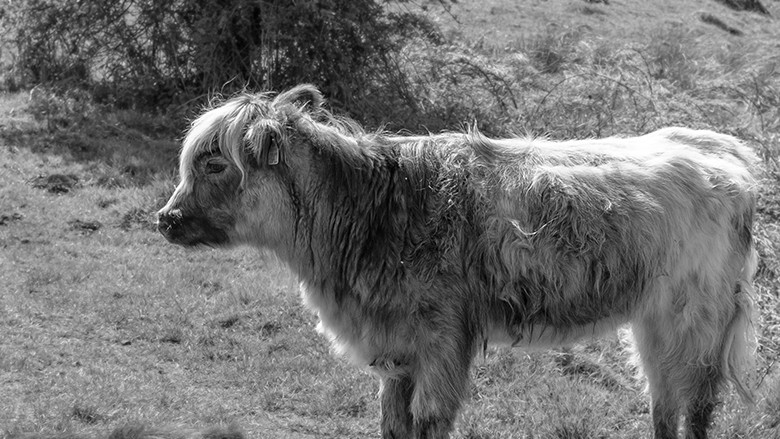
Not all Cows are as lucky as the one pictured above. Taken a couple of weeks ago, the picture shows a happy Highland Coo, enjoying the warmth of the Scottish summer — lucky that their (short) time on Earth will not be spent on an Industrial farm but in an open landscape. However, happiness is only relative; after the summer grazing season has passed this wee Cow will too, like almost all others, meet a premature end in some slaughterhouse, somewhere.
After having taken the picture, I arrived back home a little later and got thinking about the nature of the human diet; happy that I haven’t eaten an animal in over two years but aware of the environmental problems caused by our reliance on meat and associated animal ‘products’. Problems of such magnitude as to lead some to suggest that a wholesale switch to a (at least, largely) plant-based diet may be the only way to preserve the lives of all living things / ecosystems currently known, including ourselves, as we (all) are now. Sadly for some, the drive towards extinction, caused by humankind, is all but inevitable.
A paper published in Science and discussed in the Guardian, states that avoiding meat and dairy is the ‘single biggest way to reduce our environmental impact on the planet’. The environmental argument for drastically reducing our consumption of animal products or eliminating them from our diets / lifestyles altogether, as would be my preference, is certainly a strong one-and should at least convince world governments to take direct action. However, in the short-term, while the current scale of animal consumption continues, the question of (our lack of) respect and empathy weighs most heavy on me.
We must re-evaluate our relationship with other animals — in the first instance we must learn to better respect and have empathy for all living beings in all circumstances — understanding that, essentially, the nature of their existence is no different to ours and is no less meaningful. As such, the treatment of animals we breed as companions, for use in medical and scientific research and those bred purely as commodities (food / clothing) must change to suit a world in which we recognise the equality in value of all things — not one in which we act as overlords of all other living things.
Animals (other than Humans) are sentient beings; human understanding of sentience does not define it — as we discover and name things we have a tendency to claim ownership over them and assume that our understanding of their meaning IS their meaning; in fact we are only beginning the understand the metaphysical and remain limited by our biology, by our narrow understanding of consciousness and reality. Unlike plants, animals have the ability to perceive beyond instinct, using several methods of perception — to adapt beyond set parameters with the capability to behave in ways, the intention of which we cannot possibly understand. Such attributes show them to be worth more than we currently value them. An ability to perceive an environment and to react with / against it, not merely instinctively but intellectually — to learn from experience and to develop beyond native instincts is behaviour found in all animals. The ability to feel pain, misery, happiness and the want to be part of a group is not specific to humankind. Animals want to live, in circumstances that threaten their existence they will fight to survive — in circumstances that encourage them to thrive they develop new behaviours, not necessarily for survival but beyond that, to development steps, purposefully taken. Steps which allow enjoyment of life beyond the necessary survivalist behaviour we’re all born with.
Understanding this, there are a number of steps we can take towards embracing more forward-thinking, globally minded, sustainable development of ourselves and that of all species and plant life; in doing so, engender empathetic thought and selfless action in the very nature of our society as never before.
To begin with, those bred for the purpose of providing us with meat should at the very least be able to live a fulfilling, natural life of relative freedom and longevity (relative because ultimately the termination of their life would of course remain at our convenience). Therefore, we should look to end, as a matter of some urgency, the needless overproduction of domestic animals and (all) the killing of their young — lambs, calves, chicks etc. That’s not to suggest that those bred for other purposes, particularly medical research, don’t deserve the same but that the impact of proliferation of domestic animals is such that it is literally destroying the planet and therefore requires immediate attention. We really must reconsider why we would want such abundance (and at such a low cost) — to which we have no right in any real sense. Perhaps we should look to rethink our idea of meat being a daily staple but rather a rarity, akin to a Mediterranean diet and with it an acceptance of a higher cost for a higher quality of life for all involved.
We, as individuals, are not entirely to blame — such greed and selfishness, as we display now, is a symptom of an increasingly dominant, rampant Capitalism that has no concern for anything other than profit margins. The premise of Capitalism is so seldom questioned that it’s come to be treated as natural fact, as though there is no possible alternative. The idea that you must think of yourself before others, human before (other) animal, personal (monetary) gain before the equal sharing of resource has become so pervasive throughout the modern world; while ‘progress’ is based on a Capitalist mode of production — inequality will remain as the dominant feature of our society. The Neoliberal system isn’t blighted by inequality, it actively encourages it — it is defined by it; an inequality which does not end with humankind.
However, it’s reasonable to think that we’ll be lumbered with Capitalism for some time, given the lack of acceptance of alternative ideas; they don’t fit the narrative- but we can certainly limit its potential to harm, particularly with regards to animal agriculture. Money only matters because we allow it to; we created it and we can remove it from the equation, in terms of not submitting to the desire of those who would put the maximisation of profits above animal welfare and the health of the planet. If we are to continue with the production of ‘animals as food’ for the foreseeable future, it must be on wholly different terms, set by a new demand for new standards and a renewed, balanced approach to our diet.
There are parallels to be drawn with human on human atrocities in the way we subjugate other living beings and while they’re all pertinent, generally speaking, such comparisons tend not to encourage reasoned debate. Therefore, the aim of future discussion on the subject should simply be to encourage an acknowledgement of the truth of our taking unfair and unnecessary advantage of a hugely unequal power dynamic; on this point, perhaps most can agree when presented with the facts.
We exist, “caught…in the net of life and time” with all of Earthlings — rather than making or taking their lives at our convenience, we should be more concentrated on how best to use our abilities to better their lives in line with the betterment of our own. To begin to properly conserve species and habitats and to stop our quite astonishing drive towards the extinction of many more species than those individuals and species we’ve already killed off or brought to the brink; (ready the study here):
“The world’s 7.6 billion people represent just 0.01% of all living things, according to the study. Yet since the dawn of civilisation, humanity has caused the loss of 83% of all wild mammals and half of plants, while livestock kept by humans abounds.”
Unless, we change our thinking and in-turn our actions, this destruction will only continue and likely hasten in places — particularly with increased industrial-scale farming. As it is, rather than being a land of organic, family farms that we like to portray (in the UK), US style industrial farming is being adopted more and more . In fact, rather than these facilities just arriving on our shores, as the title of the article suggests, we have already had them for some years .
While no realistic, logical person can expect the world to dramatically reduce or end the consumption of animals overnight, given the growing evidence, irrefutable as it is — we can reasonably expect to reach wide agreement that encouragement to do so should at least be a priority. Certainly of any and all progressive or want-to-be progressive, modern societies. Any adjustment in this regard must begin with how we think about and treat the domestic animals we consume daily — not just those endangered, wild, exotic animals in far off lands with whom it’s easy to feign empathy.
_____
The quote included at the beginning, by Henry Beston, other than being an excerpt from his book — The Outermost House, appears in the documentary film, Earthlings. It’s a film I feel everyone should watch at least once, as hard as it can be; its honest, often graphic presentation encourages anyone watching to begin to understand why we must re-evaluate how we treat the animals we take such advantage of. Moreover, how we can never get too comfortable about our own contribution (or lack of) to animal cruelty. Our responsibilities do not begin and end with the self but in how we influence the world in a wider context, in how we continue to encourage positive change for those around us, humans and non-humans alike.
_____
Mark A Burgoyne
Original article here: https://medium.com/@maburgoyne/travailoftheearth-5ce49ed92136

